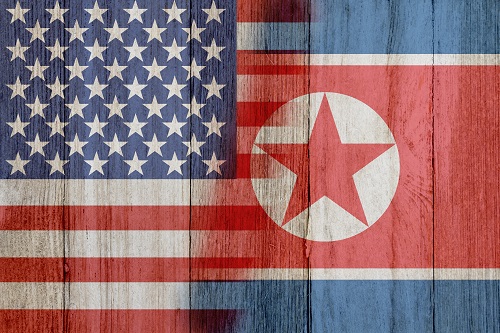Issue Briefs

GMD: The Only Program That Can Stop A North Korean Nuclear Warhead From Reaching America (Form Forbes)
Loren Thompson
April 28, 2017
Nuclear weapons are the worst military threat that America faces. A single 500-kiloton warhead exploded over a major U.S. city would destroy or heavily damage all buildings to a radius of three miles, and cause widespread fires to a radius of six miles. Electric grids and other fragile infrastructure would fail for tens of miles in every direction. If it was a big city like New York or L.A., prompt and delayed fatalities would likely exceed a million people. Radiation would render much of the damaged area uninhabitable for years.
Russia has hundreds of such warheads in its arsenal, which is why the U.S. must maintain a secure retaliatory force to deter Moscow from contemplating nuclear aggression. The thinking is that if Russian leaders know their aggression will result in unacceptable damage to their own homeland, they will be dissuaded from attacking. Unfortunately, there are some nuclear threats that can’t be deterred, such as an accidental launch, a grave mistake in the midst of crisis, or an irrational adversary. I have written a commentary for Forbes here.
Loren Thompson
Loren B. Thompson is Senior Adviser of GPI , Chief Operating Officer of the non-profit Lexington Institute and Chief Executive Officer of Source Associates, a for-profit consultancy. Prior to holding his present positions, he was Deputy Director of the Security Studies Program at Georgetown University and taught graduate-level courses in strategy, technology and media affairs at Georgetown. He has also taught at Harvard University’s Kennedy School of Government. Mr. Thompson holds doctoral and masters degrees in government from Georgetown University and a bachelor of science degree in political science from Northeastern University.
The views and opinions expressed in this issue brief are those of the authors and do not necessarily reflect the policy of GPI.